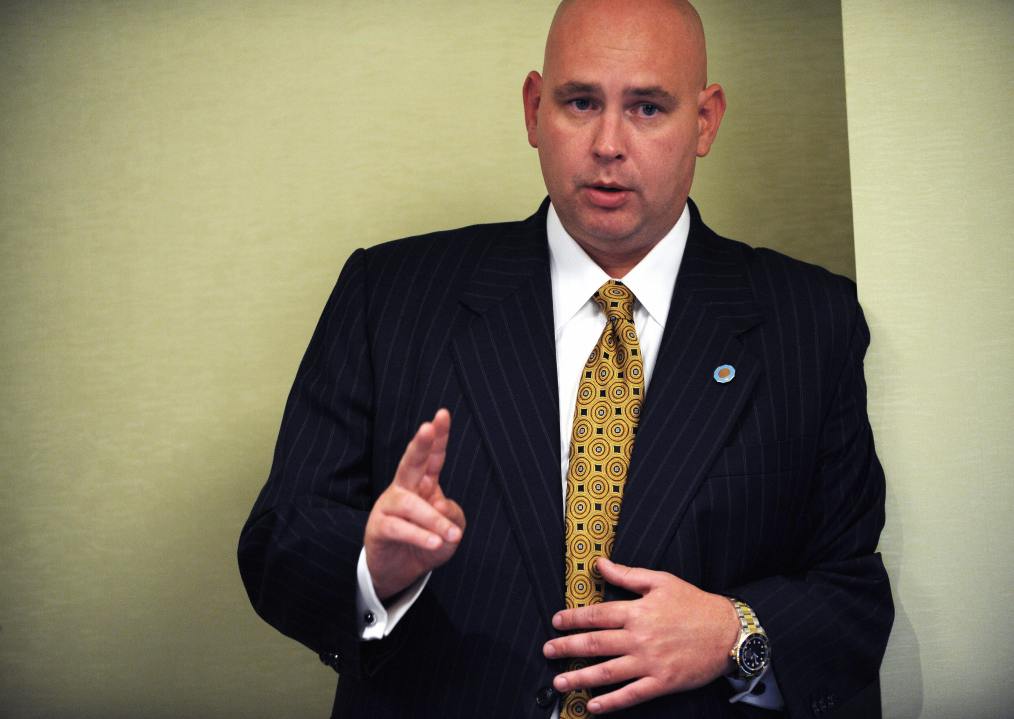 What should, perhaps, worry the Republicans most about this year’s election result is that they lost in the fastest growing states in the country and among the fastest growing demographics. Many of the states the Republicans lost this year—I’m thinking in particular of Virginia, North Carolina, Colorado and Nevada—are, on current trends, going to become more and more Democratic over time. Unless the Republican Party finds a way to reverse these trends, they will be reliant on perfect conditions to win at a national level.
What should, perhaps, worry the Republicans most about this year’s election result is that they lost in the fastest growing states in the country and among the fastest growing demographics. Many of the states the Republicans lost this year—I’m thinking in particular of Virginia, North Carolina, Colorado and Nevada—are, on current trends, going to become more and more Democratic over time. Unless the Republican Party finds a way to reverse these trends, they will be reliant on perfect conditions to win at a national level.
Steve Schmidt, who effectively ran the McCain campaign, is I think right to be so pessimistic in his interview with The Daily Beast about the state the Republicans are in:
“If you look at the returns from the southwestern and mountain west states, with rising Latino populations, it’s clear that Latinos are repudiating the party, their anger about the tone of the immigration debate, and the party has to figure out a way to communicate that wanting to have a secure and sovereign southern border and respect for Latinos are not mutually exclusive. But if the party does not figure out a way to appeal to Latino voters, it will become increasingly difficult, and maybe impossible, to ever again win a national election.
The party in the Northeast is all but extinct; the party on the West Coast is all but extinct; the party has lost the mid-South states—Virginia, North Carolina—and the party is in deep trouble in the Rocky Mountain West, and there has to be a message and a vision that is compelling to people in order for them to come back and to give consideration to the Republican Party again.
The Republican Party was long known as the party that competently managed government. We’ve lost our claim to that. The Republican Party was known as the party that was serious on national security issues. The mismanagement of the war has stripped that away. So there is much to do in rebuilding the brand of the party, what it stands for, and what it’s about in a way that Americans find appealing. The country has just elected a—the country has just vested power—in a Democratic Party, across the board. And you will see a sharp left turn. The Republican Party wants to, needs to, be able to represent, you know, not only conservatives, but centrists as well. And the party that controls the center is the party that controls the American electorate.”
Now, Schmidt himself—and McCain—cannot be exempt from criticism on this front: the McCain campaign had no domestic message and in the final days fell back upon a bunch of overplayed Republican tunes. But Schmidt’s analysis is accurate.
What the party needs to do is to forge a new reformist message–Charlie Crist in Florida, Mitch Daniels in Indiana, Bobby Jindal in Louisiana and Schwarzenegger and Bloomberg have already made some progress on this front but these policies need to be tied together into a coherent whole–and recover its reputation for competence. The competence aspect of this can probably only be achieved by nominating a two-term governor who has demonstrably improved the way their state is run. The other thing the Republicans must be is patient, fixing these problems will take time.








Comments